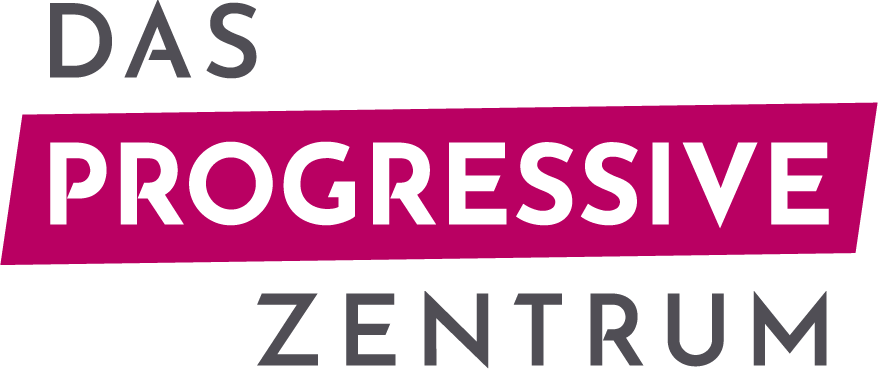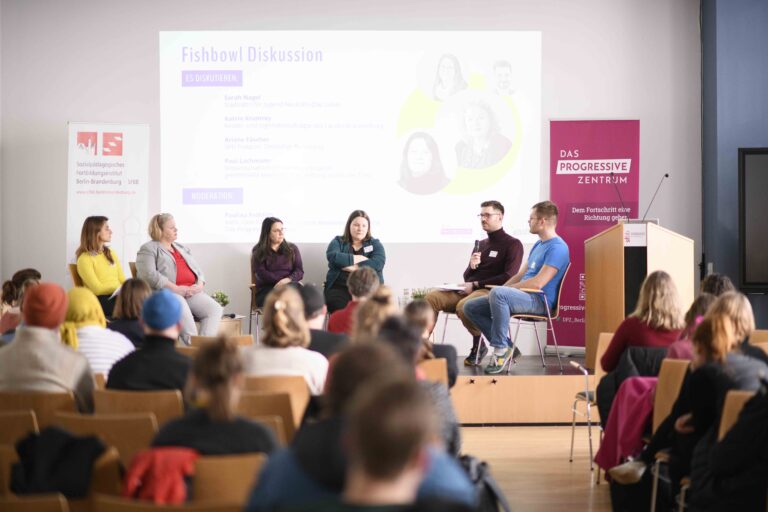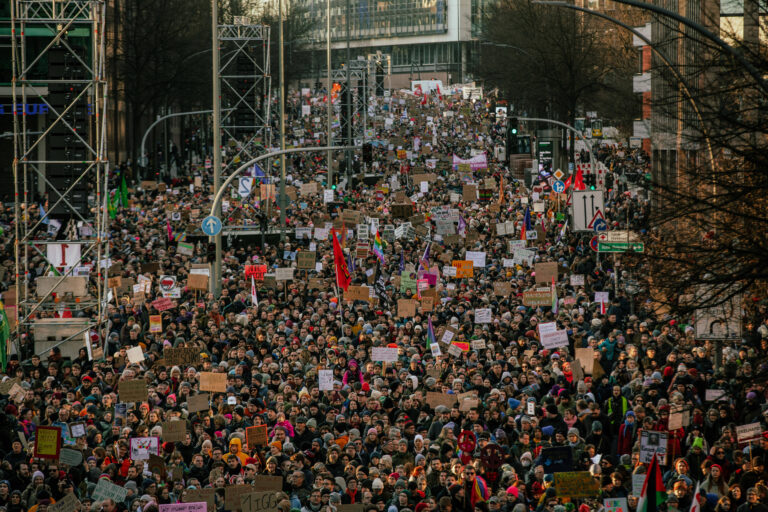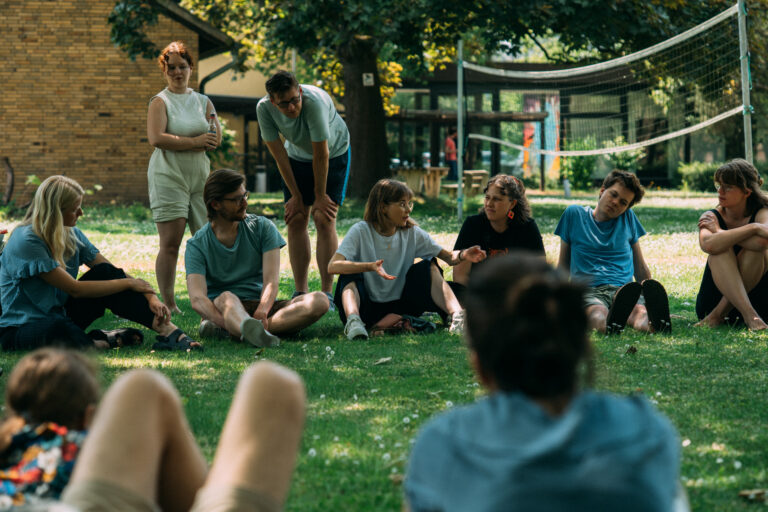In 2020, we celebrate the 50th anniversary of Willy Brandt’s historical gesture in Warsaw. The so-called “Warsaw genuflection” was a symbol of reconciliation and dialogue between the East and the West. Today, we should see it as an inspiration for a new generation of Ostpolitik, especially taking a note on what is happening inside of the EU and just at its borders as well as the brand new reality in transatlantic relations.
Brandt’s Legacy for Europe
The overarching motto for Brandt’s political legacy was “daring more democracy”, and he also applied this approach in developing his Ostpolitik. Initially criticized, it proved to have an everlasting impact not only for Polish-German reconciliation but also easing the tension between the West and the Eastern Bloc. It is one of the pillars of European enlargement and unification.
Brandt’s Ostpolitik was a good beginning for liberalisation of policies in other countries. It is one of the pillars of European enlargement and unification.
-Aleksander Kwaśniewski, President of Poland 1995-2005
Nevertheless, the world has changed ever since: the Soviet Union collapsed and today we face a new “Cold War” in cyberspace; the EU has grown but with Brexit and triggering Article 7 against Poland and Hungary it faces a serious crisis of integration; finally, Europe’s greatest ally, the US, has witnessed the most turbulent administration in decades under Donald Trump that also compromised global security. Keeping all these factors in mind, we invited distinguished speakers from four world capitals: Aleksander Kwaśniewski, the former President of the Republic of Poland, Kati Piri, social-democratic MEP, Liana Fix of the Körber-Stiftung and Max Bergmann, representing the Center for American Progress, to share their thoughts on the way towards a new progressive Eastern policy, apt for the 21st century.
A Momentum for New Progressive Ostpolitik
Thinking of a new progressive Ostpolitik, we have to be pragmatic but not compromising. The reality is, there will be no productive relations with Vladimir Putin. Moreover, we cannot accept illegal actions in the countries of Eastern Partnership: destabilization managed from Moscow in Ukraine or violence in Belarus, where Alexander Lukashenko enjoys Putin’s support. Europe also has to encourage Ukraine, Georgia, Armenia on their way to democracy. Therefore, the dialogue with the East must be carried on two levels: with the leaders (even if criticized and compromised) and the civil society (whose role has significantly increased over time).
0 years later we can say that Willy Brandt and Egon Bahr laid the groundwork for the European Union. We need this approach towards our neighbours in the East: support their right to elect their leaders to decide about their future and strive for dialogue based on moral values.
-Kati Piri, MEP
With the latest change in the White House, a rocky period in US-Russia relations is to be expected. It is incumbent on the US and Europe, particularly Germany, to make transatlantic Russia policy not so much about economics but rather focus on people-to-people engagement. It is a chance for a new opening in transatlantic relations as well as a new global balance of power. Therefore, the more important it is that the EU adopts a common approach and tries to speak one voice, against all odds, to build its solid impact in the world.
Pursuing a policy rooted in values is critical. Emphasis on democratic values that unite us is the main point that will change with the arrival of the Biden administration.
-Max Bergmann, CAP
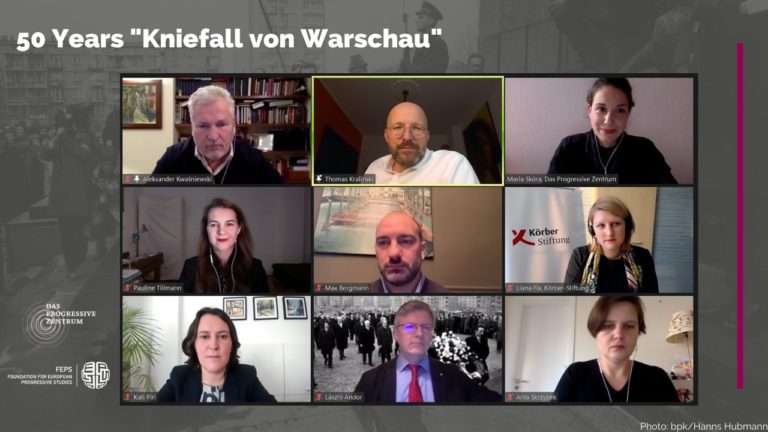
A Way Forward: Bold but Cautious
A new progressive Eastern policy can be visionary but must remain pragmatic. On the one hand, the Biden administration will seek to rebuild ties with Europe. Washington will recognize again that transatlantic cooperation is possible because our values align. On the other hand, the EU must coordinate and find a common voice to manage Eastern policy, otherwise, it will back down to Russia and lose its leverage. It should not be expected that the approach of Vladimir Putin towards the West will change anytime soon. Therefore, in drafting a new generation of progressive Ostpolitik, it is the special responsibility of progressive actors to remain ambitious, but not naive.
With Joe Biden, we have a chance to bundle forces and avoid claims such as that about a brain-dead NATO. We have to back a new progressive Eastern policy. And we can be ambitious, but should never be naive.
-Liana Fix, Körber-Stiftung
Author
The event “50 Years of ‘Kniefall von Warschau’: In search of a new progressive Ostpolitik” on December 8, 2020, was co-hosted by
This event was organized with the financial support of the European Parliament. The views presented in this debate do not represent those of the European Parliament but only of the respective speakers.





